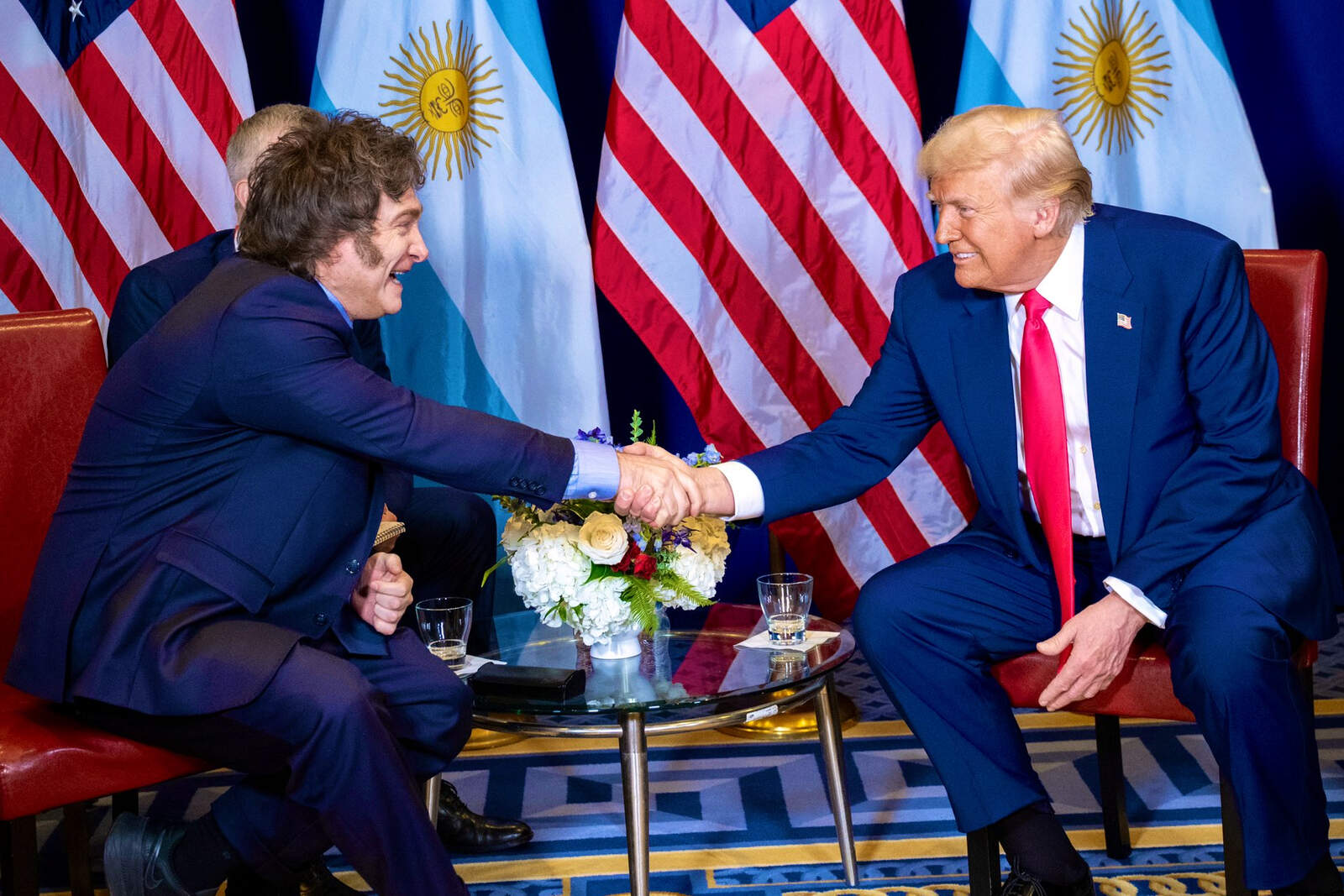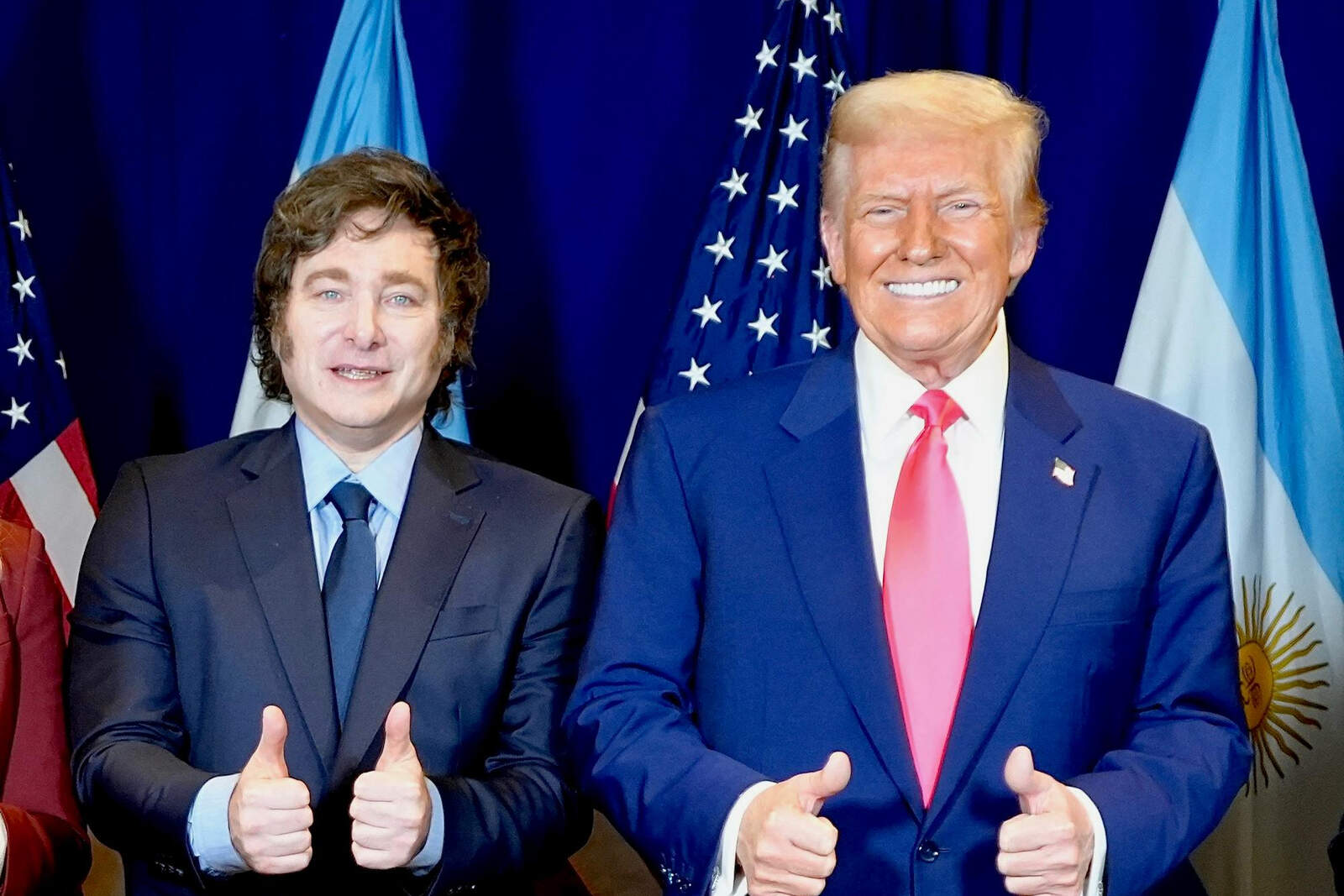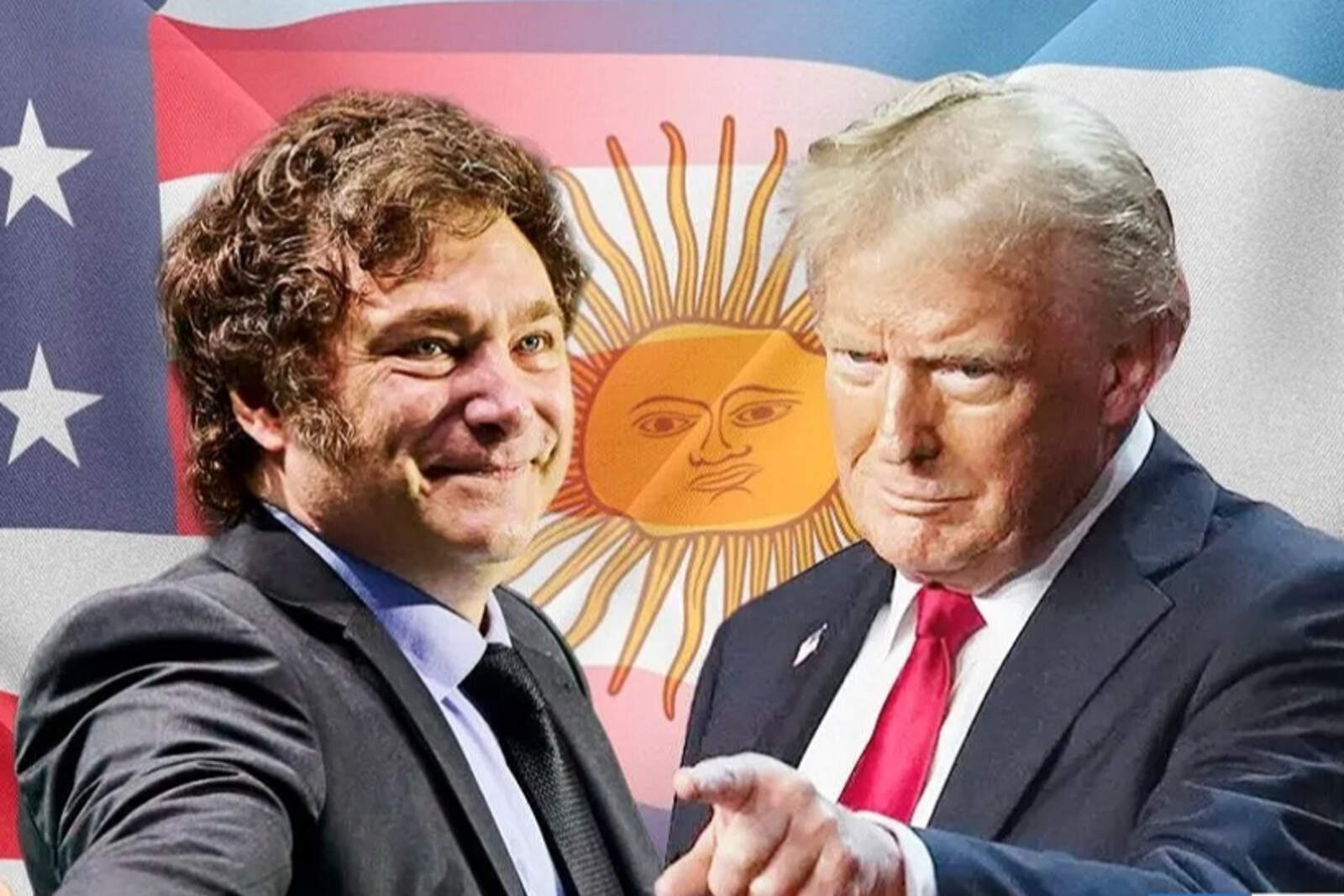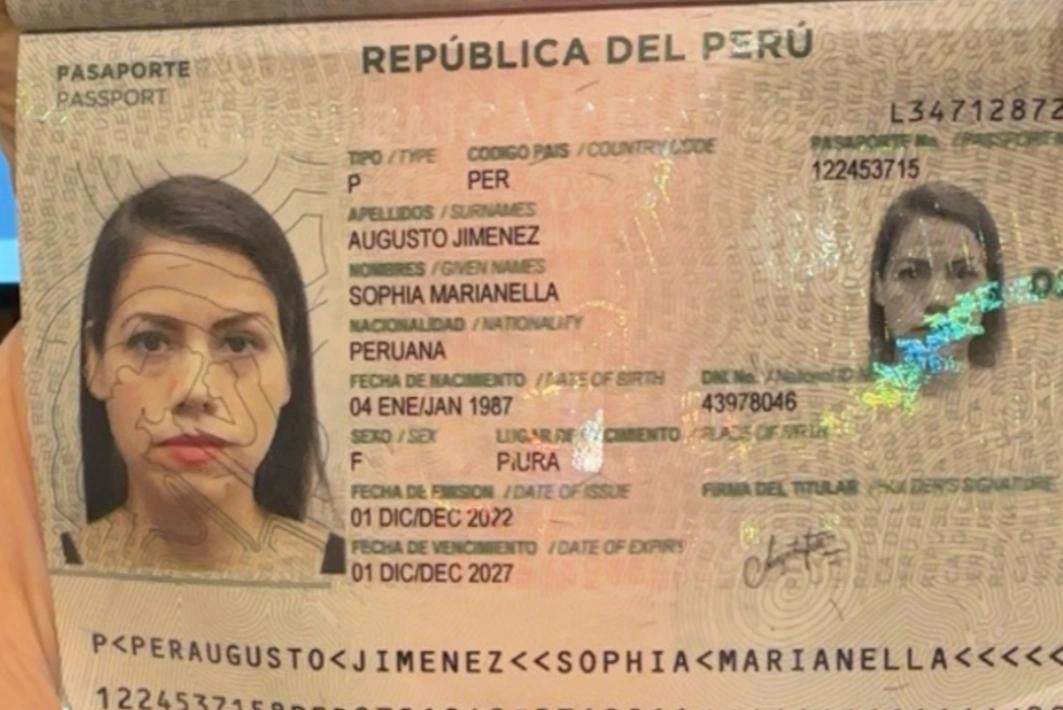U.S. President Donald Trump supports a special trade agreement with Argentina, framed within his global strategy to counter the advance of the Chinese dictatorship worldwide.
The Republican leader considers the Chinese communist regime his main adversary of the 21st century, and the tariff offensive he launched at the beginning of May is part of a global-scale trade war that directly pits Washington against Beijing.
In this scenario, the ideological and personal alignment between President Javier Milei and Donald Trump, along with the firm stance of the Argentine leader against Xi Jinping's authoritarianism and the productive potential of the South American country, were decisive factors in advancing a differentiated trade understanding with the Republican administration.
Trump seeks for Argentina to eliminate all tariff and non-tariff barriers that hinder the entry of U.S. products. However, his interest goes further: he needs strategic allies who can sustain U.S. supply chains and cushion a potential internal economic impact that could result if the dispute with China escalates to extreme levels.
In this context, Foreign Minister Gerardo Werthein held a key meeting with Howard Lutnick, U.S. Secretary of Commerce, where the strategic vision driving Trump in his relationship with Argentina became clear.

During the meeting held in Washington, Lutnick conveyed to the Argentine foreign minister the need for the United States to have reliable supply chains, and explained that the reciprocal tariffs promoted by Trump are precisely in line with that global strategic logic.









